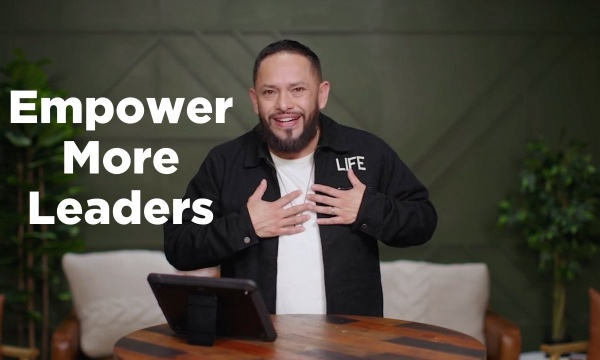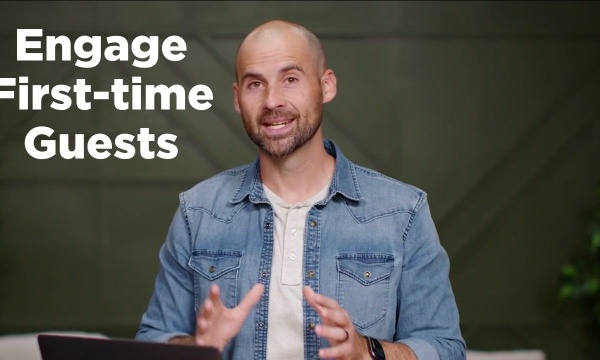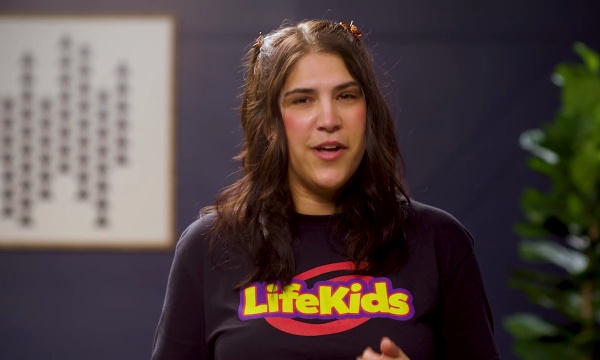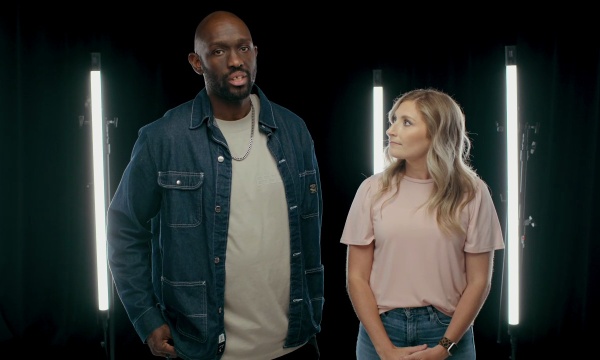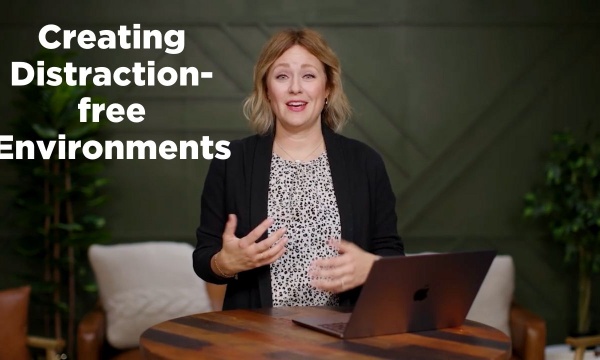A good leader leads.
A great leader grows.
With over 20 years of ministry experience, we’ve learned a lot about what works—and what doesn’t—here at Life.Church. We share free tips and tools for doing ministry and the vision behind the decisions we’ve made. Join us to start learning, leading, and growing.
Start Learning